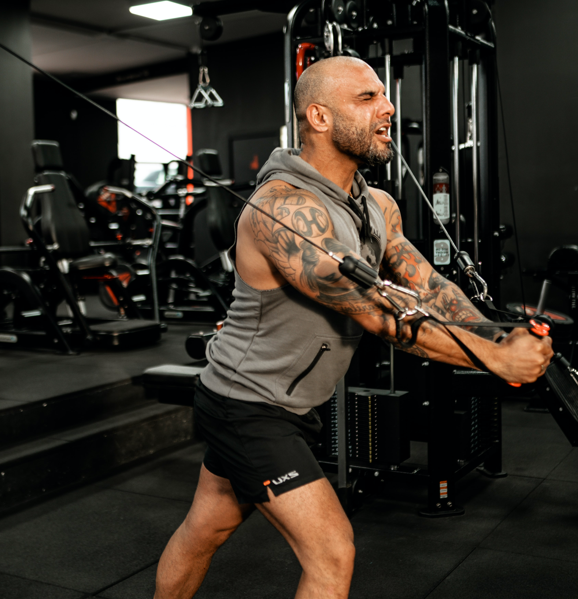Most people think a better bedroom body is all about lifting more and eating right. Training and nutrition matter a lot, yet they are not the whole story. Sexual health belongs in the same conversation as sets, reps, and macros. Your STI and STD screening habits can influence confidence, connection, and even how well your body recovers from hard work.
Here is the simple truth. Infections can affect energy, mood, hormones, and sleep. Those are the foundations of progress. Routine screening helps you spot problems early, get the right care, and keep your momentum. It also protects partners and strengthens trust. That peace of mind shows up in the gym, in the kitchen, and in the moments that matter.
Start with honest communication. Make status talks normal, not awkward. Share when you were last tested, what you were tested for, and whether you use protection. Ask your partners the same questions. Clear conversations remove guesswork and reduce stress.
Choose a screening plan that fits your life. Many clinics and telehealth services offer confidential testing with quick results. Ask for a panel that covers common infections such as HIV, syphilis, chlamydia, gonorrhea, and trichomoniasis. If you have oral or anal sex, request site specific testing. A urine test alone can miss infections in the throat or rectum.
Timing matters. Most tests have a window period before they can detect a new infection. If you think you were recently exposed, ask a clinician when to test now and when to retest. If you have multiple partners, consider screening every three to six months. If your risk is lower, discuss a schedule that makes sense for you.
Prevention belongs in your routine as well. Keep quality condoms on hand. Consider vaccines for hepatitis B and HPV if you are eligible. Learn the symptoms that should trigger a visit, for example unusual discharge, sores, rashes, pelvic pain, burning with urination, or bleeding between periods.
Support your system while you train. Sleep enough, hydrate, and eat protein rich, nutrient dense foods. Recovery is when your body adapts. If something feels off, do not power through for weeks. Check in with a qualified healthcare professional and rule out issues sooner rather than later.
None of this is medical advice. It is a practical playbook. Pair consistent workouts and smart nutrition with regular screening, prevention, and open dialogue. You will move with more confidence, reduce avoidable risk, and show up as the healthiest version of yourself. That is a better bedroom body in every sense.




